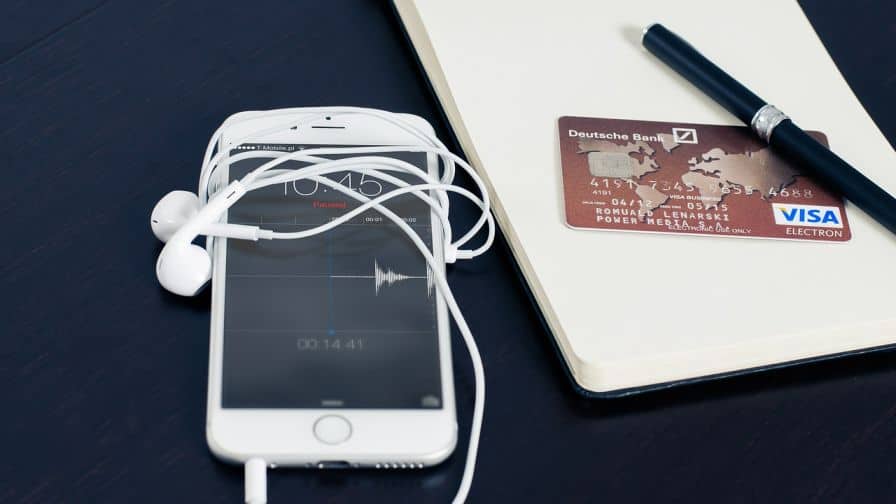An improvement in mobile experiences offered by British retailers including usage of the recently launched Apple Pay could unlock £7.8 billion in additional sales, according to new research.
A survey from discount publisher RetailMeNot and the Centre for Retail Research revealed that 43% of Brits would spend more in a store which catered for shopping with a tablet or smartphone.
Based on their average rate of spend, and considering the impact that contactless payments have been projected to deliver over the next couple of years, a post-Apple Pay world could generate nearly £8 billion for the British economy, according to RetailMeNot.
“The development of m-commerce is not simply a technology development, but a secular change in the consumers’ consumption patterns and therefore should be a change in any retailer’s mindset,” commented Giulio Montemagno SVP & GM International at the firm.
“Mobile devices have become an ever more important part in the discovery phase of shopping and retailers who do not adapt their services risk losing out to more innovative competitors.”
Brits lead mobile charge
The survey, conducted on 5,400 consumers and 1,300 retailers around the world, also praised Britain as the leading nation in terms of its adoption of m-commerce.
Mobile devices are influencing consumer habits more than ever, according to the research, and UK consumers appear to be welcoming all the new ways of purchasing, researching and comparing prices.
The figures revealed that 83% of UK shoppers will review items on their phone or tablet before buying. And with the 27% of sales in Britain carried out on a smartphone or tablet expected to double by 2017, it seems that a fair few are going on to convert.
Once they’ve arrived at their place of purchase, there are certain conditions they expect to be met. For example, if a mobile landing page is slow to load or experiencing technical difficulties, 63% will see this as a barrier to the transaction and think about looking elsewhere.
With fewer than a third of the retailers surveyed (31%) claiming to have a mobile-friendly site, the study went some way to proving why typically three-quarters of virtual shopping carts are abandoned before they’re paid for.
Location-aware
Aside from the Apple Pay there was another Apple-associated device that sought headlines in the survey – the iBeacon.
Figures from the study showed that 40% of Brits would “appreciate” the option of having relevant and targeted offers sent straight to their mobiles while they were perusing in-store.
Notes from RetailMeNot tipped the merging of online and offline to provide a “sleeker” in-store offering, and given their ability to utilise apps and Bluetooth signals to send out messages, the iBeacon may hold a range of answers of how that can be done.
It’s in small but noticeable ‘mobile-friendly’ tweaks to the current model that could help Britain increase the £8.4 billion spent on mobiles in 2014 to £22.7 billion next year, as RetailMeNot states.

